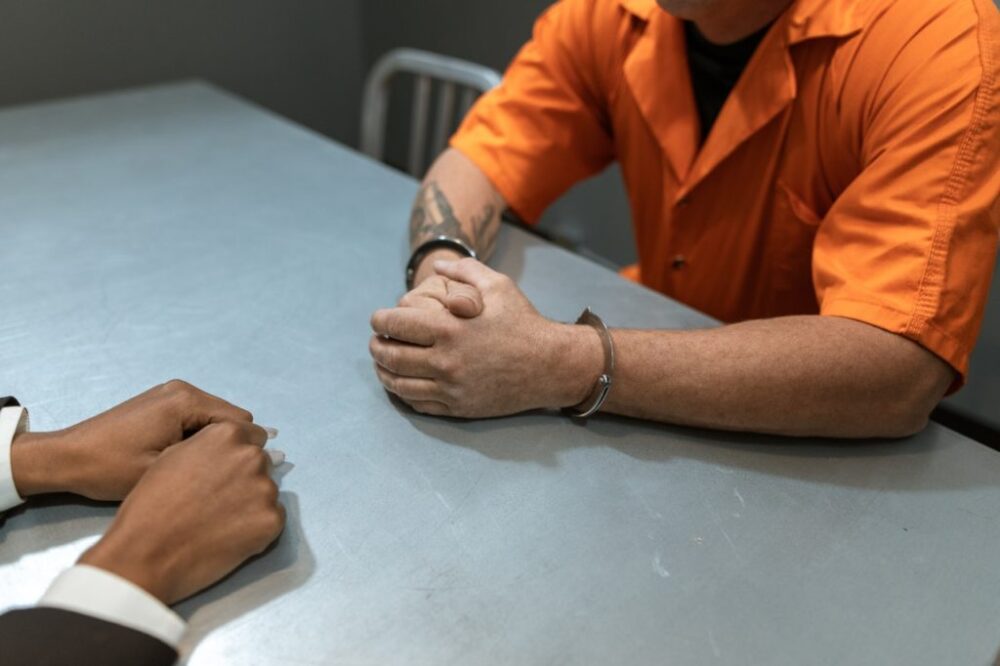Driving under the influence of alcohol, drugs, or other substances can cost you, in more ways than one. You may have to pay off fines from your DUI conviction, along with damages from the personal injury claim against you. This is the last thing you need if you are already on the brink of bankruptcy. Continue reading to learn whether your DUI debt can be discharged in your bankruptcy filing and how an experienced Louisville, Kentucky consumer bankruptcy lawyer at Schwartz Bankruptcy Law Center can talk you through this.
Is DUI debt dischargeable in a bankruptcy filing?
More often than not, DUI debt is deemed as a non-dischargeable debt by the bankruptcy court. Meaning, that it will not be wiped out upon a bankruptcy filing. This is mainly because the bankruptcy court wants to keep a debtor accountable for their crime and the damages that they caused. What’s worse is that it is all the more difficult to be eligible for a bankruptcy filing when you have a DUI on your criminal record.
For example, if you have a personal injury claim against you because you caused a death or a personal injury from your intoxicated driving, then you will remain responsible for paying off the damages that the personal injury court orders you to. With this, you will also be responsible for paying off the fines that are associated with the DUI conviction you receive from a criminal court.
Though, there may be one exception. Say, for instance, that you have a personal injury against you for your intoxicated driving. However, there was no death or personal injury, but rather property damages that a creditor is seeking to recover. The bankruptcy court may excuse you from paying off these damages, unless the creditor presents an action to the court.
What debt is dischargeable in a bankruptcy filing?
Just because your DUI debt is not dischargeable does not mean that you can relieve yourself from debt in other ways. That is, the bankruptcy court will acknowledge the following debts and dischargeable debts:
- Debts from your overdue or late credit card bills.
- Debts from your past-due medical bills.
- Debts from your past-due utility bills.
- Debts from your past-due lease and/or contract obligations.
- Debts from your past-due attorney’s fees.
- Debts from your personal loans from family members, friends, employers, or other individuals.
If you need help with recording all your debts and eliminating as many as possible, then you must request the services of a skilled Jefferson County, Kentucky bankruptcy lawyer. We assure you that we will go above and beyond to make your bankruptcy process as seamless as possible. So contact Schwartz Bankruptcy Law Center today to schedule your free initial consultation.

